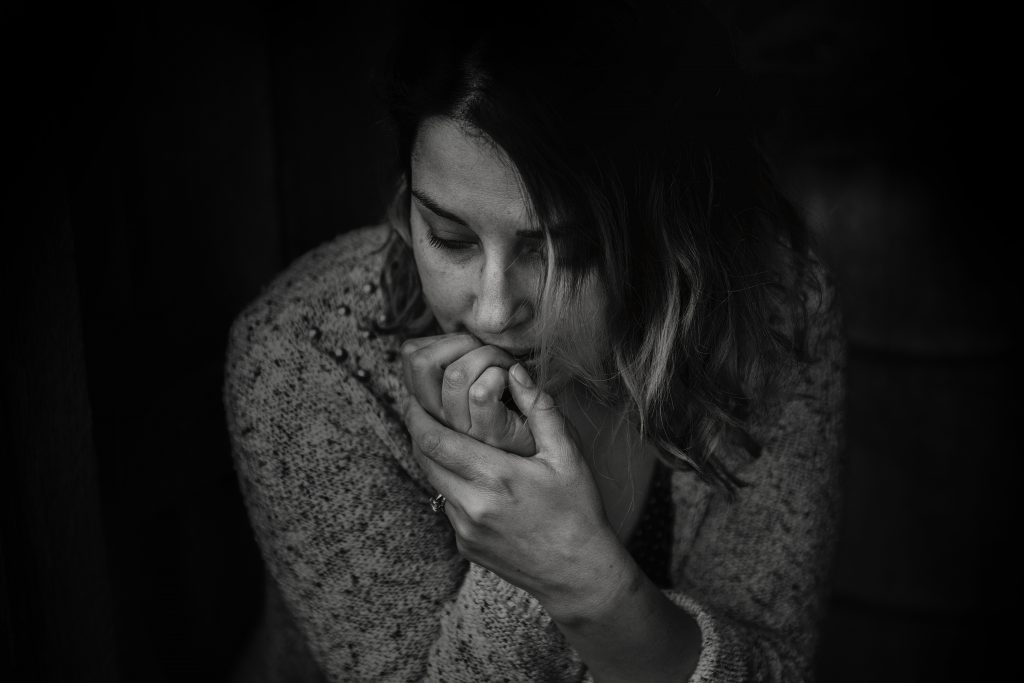LEARN SOMETHING NEW
Therapy Blog for Orem, Spanish Fork & South Jordan
Counseling: Shame vs. Guilt
Counseling Thoughts: Shame vs. Guilt
There is a good chance that the concerns you bring to your therapist to work on in counseling have a common theme- shame or guilt about a situation or incident. If you have experienced shame and guilt about things you have done, you are not alone. Many other people are going through the same thing. But, is there really a difference between shame and guilt? Does the difference matter to you and your progress?
matter to you and your progress?
You might be surprised to find that, yes, there is a difference! And, knowing the difference between shame and guilt can help you better understand your own feelings and behavior. (Related article: Learn How to Cope- Individual Therapy). Today, you will learn more about shame, guilt, and how knowing the difference can help improve your mental health.
What is Guilt?
Guilt is more than just feeling bad about a mistake. When you experience guilt, it is because you believe you have broken your personal moral code. Your morals and ethics are important parts of who you are, and it makes sense to feel self-betrayal when you make a mistake. (Related article: Emotional Health). Guilt won’t always hold you back. If you are able to work through it, guilt can be a productive, helpful emotion.
However, guilt can also prevent you from healing from your mistakes. There is a key ingredient that, when added to guilt, can keep you from forgiving yourself. That ingredient is (you guessed it!) shame.
What is Shame?
Brene Brown once said that “guilt is when you think ‘I did something bad’. Shame is when you think “I am bad”. (Source). Shame is embar rassment about who you are as a person, instead of just frustration about a mistake. While guilt involves assigning responsibility and blame on yourself for something that you’ve experienced, shame is when you believe you are a bad person because of your mistakes.
person because of your mistakes.
You might already see how shame can hurt your mental health. If you believe you yourself are bad, then you may not believe you deserve happiness and healing. Research has shown that shame is associated with higher rates of mental health problems like depression and anxiety. (Related article: Depression Counseling- What to Do). In fact, the way you label yourself as a result of shame can have a big impact on your behavior.
For instance, let’s say you are struggling with biting your nails. First, you might have guilt that you have bit your nails again. You might ask yourself, why did I let this happen? The feelings of frustration set in; you told yourself you wouldn’t bite your nails anymore. Surely everyone will notice your nails and think you are a nervous wreck! Ironically, the shame you have about your nail biting habits will cause you to be more nervous and, unfortunately, you will probably bite your nails even more. (Source).
Rejecting Shame
So, what can you do to tackle shame? Where can you begin? Shame worsens when you experience it alone. When you share your experiences and are willing to be vulnerable with others, shame fades away. Effectively communicating feelings of shame and working with trusted sources of support like friends, family, or a therapist, can help you to redefine your personal labels and reject feelings of shame. (Related article: What Happens in Counseling?). Self-forgiveness starts with rejecting shame and committing to improvement.
Counseling Encourages Vulnerability
Counseling is an effective way to recover from feelings of guilt and shame. Meeting with a therapist will give you a safe environment to express yourself and learn how to communicate your experiences to others. Our therapists are here to help. Schedule an appointment with one of our therapists today in Orem, South Jordan, or Spanish Fork.
